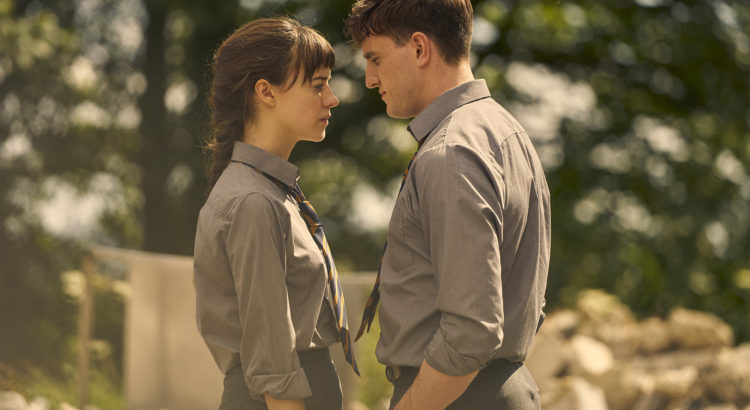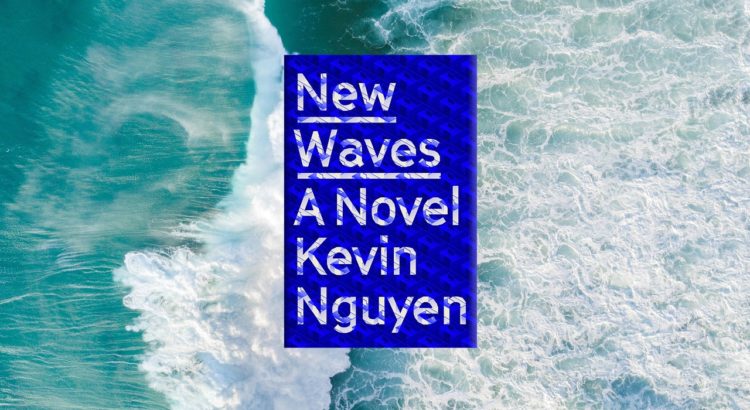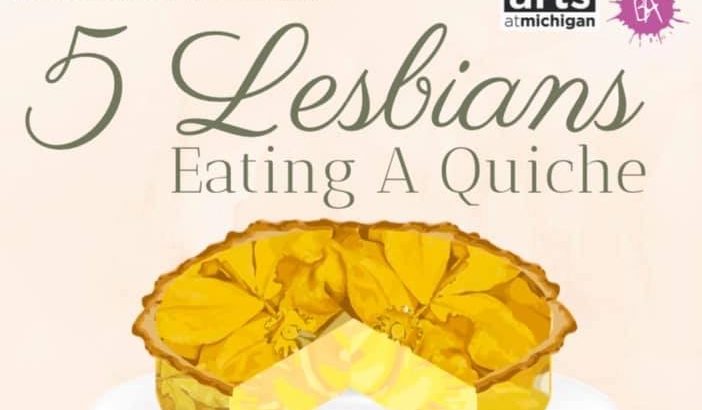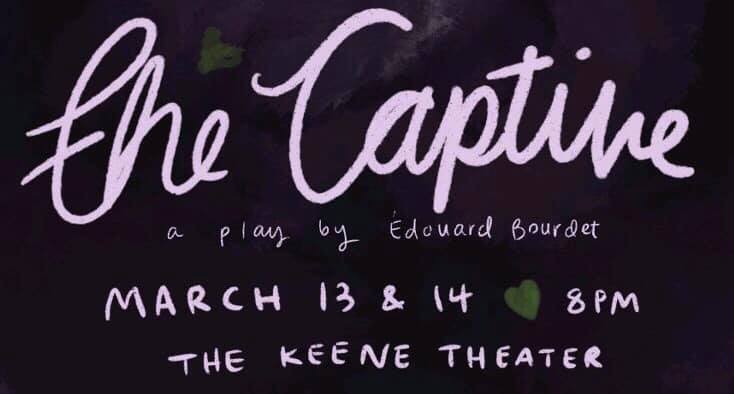At first glance, Sally Rooney’s novel, “Normal People”, is extremely simple. It tells the story of two high school students, Connell and Marianne, and their unusual and potent attraction to one another. The book follows the two through the end of their college careers, and the end of their relationship (which still deserves an ellipse and the phrase “for now” stuck on the end of it). The novel, recently turned into a limited series through the streaming platform Hulu, premiered late last month in its entirety. What the television series does so well is it reveals with great dexterity and skill the underlying tension and complexity of Marianne and Connell’s relationship.
Daisy Edgar Jones and Paul Mescal, the main actors playing Marianne and Connell, are fairly new faces to the screen. The series is full of a myriad of close-up shots of the two actors, and several intimate, long, and artfully-shot sex scenes. The two actors’ chemistry on-screen is undeniable, and their performances ground the series in genuine human connection. The ensemble of actors that join them on screen deserves much praise as well; Aislin McGuckin, the actress playing Marianne’s mother, Denise, and Fionn O’Shea, playing one of Marianne’s boyfriends, Jamie, in particular, come to mind for their performances.
One worry I often have when watching screen adaptations of books is not even so much the accuracy of the script, compared to the events in the book, but rather if the on-screen version will be able to capture the same magic and essence of the novel it is adapted from. I think it is telling that Sally Rooney had a hand in writing all twelve episodes; that is to say, it shows. The series has the same careful, diligent, and gentle approach that the novel is so renowned for.
The charm of “Normal People” lies in the title itself. It is a simple story, about two imperfect people who always manage to find their way back to one another. It is shaded by the belief in “soulmates”, and elevates two ordinary characters to an extraordinary love. “Normal People” represents something the majority of the population wants; true, unconditional love. The series is an effective adaptation because it understands the heart of the story, and doesn’t try too hard to extrapolate unneeded details from the source material. It is a simple show; not particularly flashy or thrilling, but it is refreshing to me that it does not have to be. The simplest shots are oftentimes the most captivating. Rooney and the rest of the creative team train the audience early on to find the magic in the details, whether it be the slight raise of Marianne’s eyebrow or the way Connell wrings his hands and laughs when faced with a serious question. “Normal People” has done an exceptional job of parring down the series to exactly what is needed and nothing more.
In a world of endless streaming options, whether it be movies, podcasts, or television series, it can be overwhelming to make a choice of what to view or listen to. I would highly encourage those that are looking for something true, genuine, and delicate to consider taking the time to watch “Normal People” in its entirety. It does more than justice to the beloved novel; it illuminates it.








